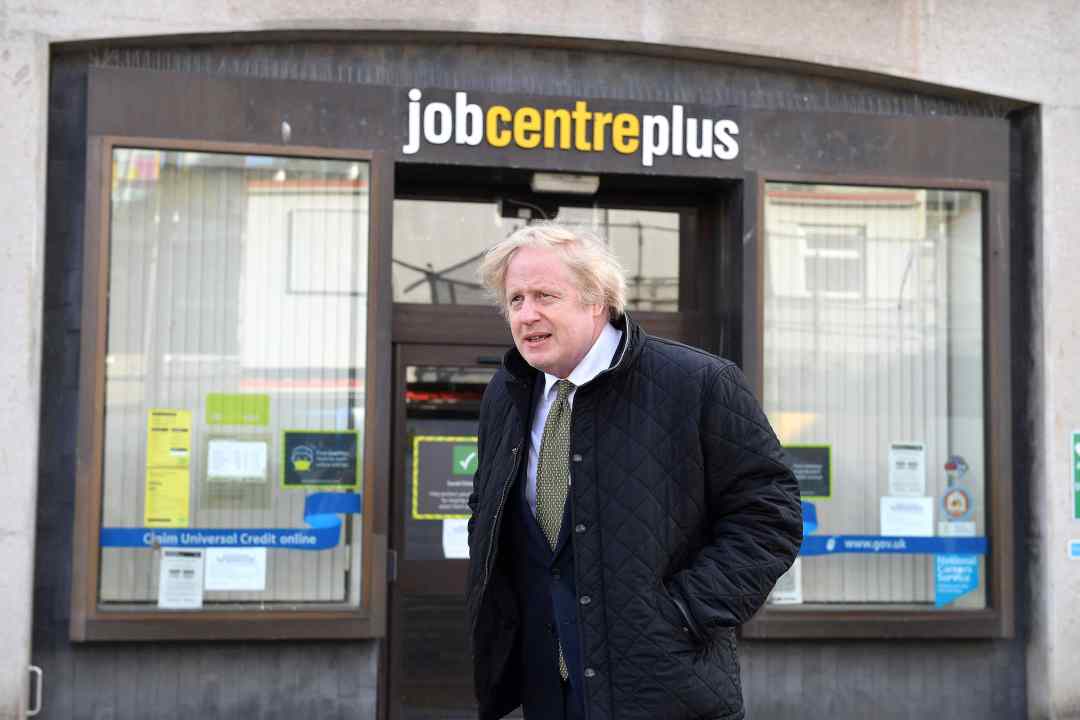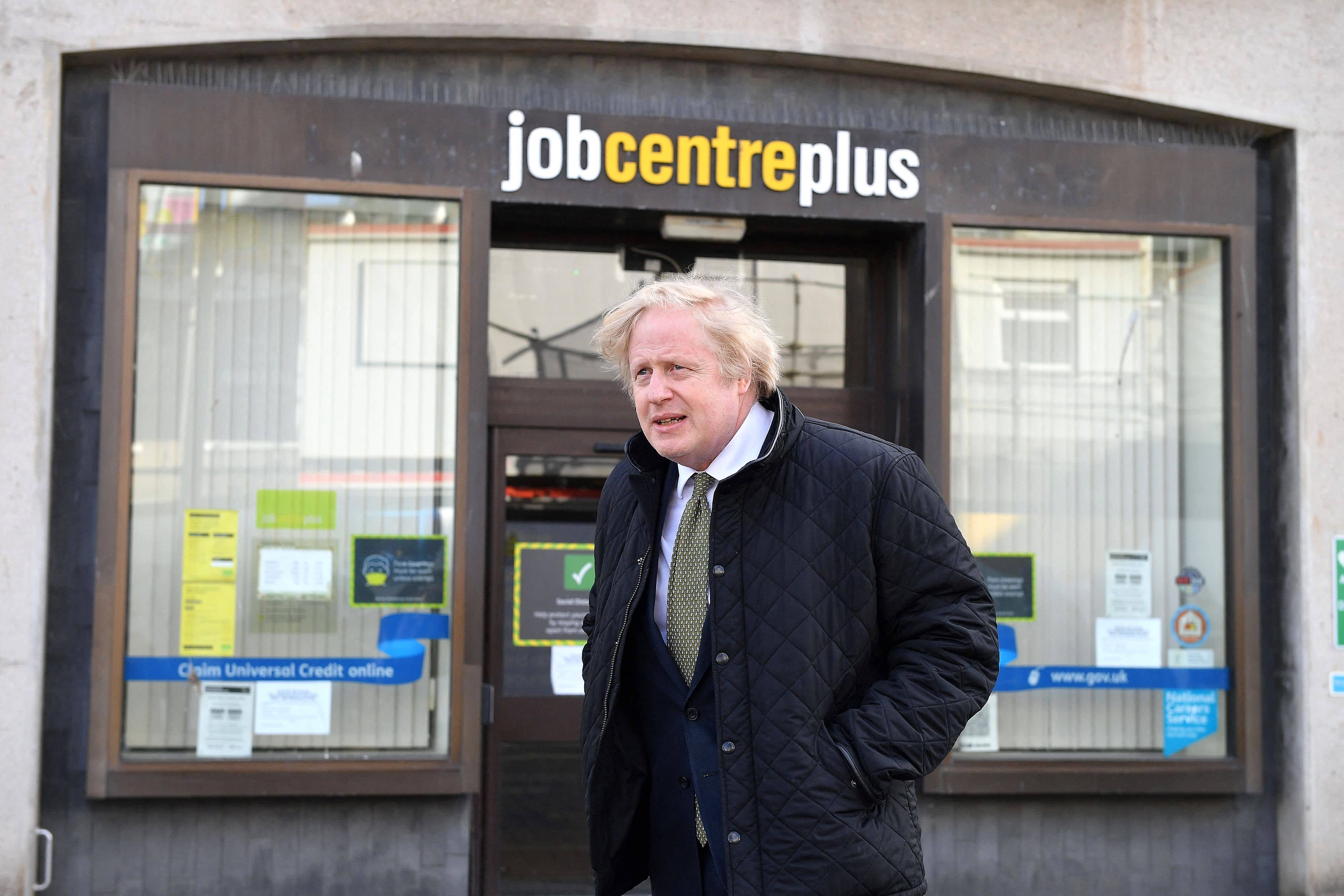Upheavals in welfare policy have historically followed major crises such as wars, civil unrest, recessions and pandemics – the Ministry of Health itself was established in 1919. The experience of the second world war led to the creation of the contemporary welfare state. If a course of action (a furlough scheme, say) is pursued in an emergency, we know it is possible. Keep the measure in place too long and it can swiftly become an accepted norm — and politically awkward to unwind.
But those expecting a post-Covid reboot of the welfare system might be disappointed. Shadow work and pensions secretary Jonathan Reynolds talked a good talk on overhauling universal credit yesterday, but his speech mainly focused on a lowering of the taper rate at which benefits are withdrawn as a person earns more money. It is currently set at 63 per cent, meaning that for every £1 earned above a claimant’s work allowance, 63p is deducted automatically from their monthly UC payment.

Britain’s best politics newsletters
You get two free articles each week when you sign up to The Spectator’s emails.
Already a subscriber? Log in







Comments
Join the debate for just £1 a month
Be part of the conversation with other Spectator readers by getting your first three months for £3.
UNLOCK ACCESS Just £1 a monthAlready a subscriber? Log in